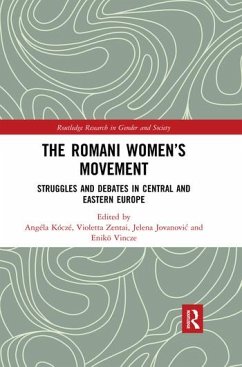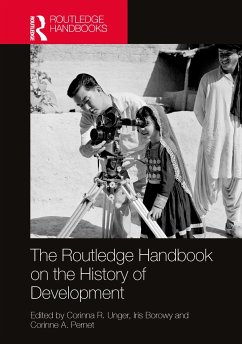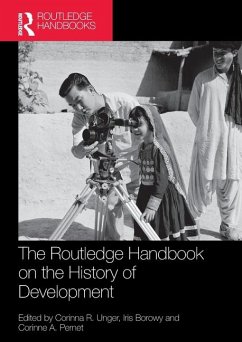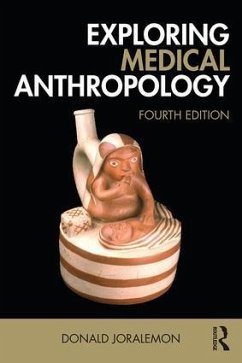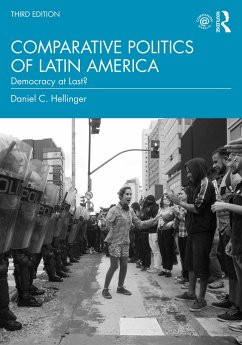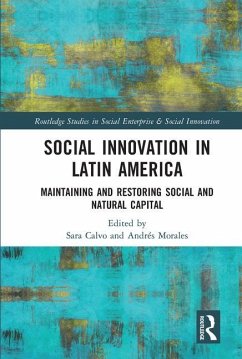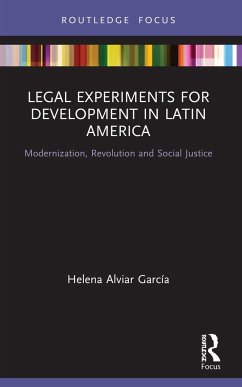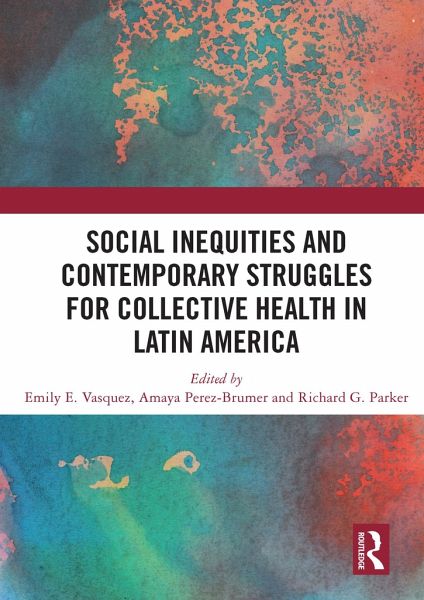
Social Inequities and Contemporary Struggles for Collective Health in Latin America
Versandkostenfrei!
Versandfertig in 6-10 Tagen
43,99 €
inkl. MwSt.

PAYBACK Punkte
22 °P sammeln!
This book explores the legacy of the Latin American Social Medicine and Collective Health (LASM-CH) movements and other key approaches-including human rights activism and popular opposition to neoliberal governance-that have each distinguished the struggle for collective health in Latin America during the twentieth and now into the twnety-first century.At a time when global health has been pushed to adopt increasingly conservative agendas in the wake of global financial crisis and amidst the rise of radical-right populist politics, attention to the legacies of Latin America's epistemological i...
This book explores the legacy of the Latin American Social Medicine and Collective Health (LASM-CH) movements and other key approaches-including human rights activism and popular opposition to neoliberal governance-that have each distinguished the struggle for collective health in Latin America during the twentieth and now into the twnety-first century.
At a time when global health has been pushed to adopt increasingly conservative agendas in the wake of global financial crisis and amidst the rise of radical-right populist politics, attention to the legacies of Latin America's epistemological innovations and social movement action are especially warranted. This collection addresses three crosscutting themes:
First, how LASM-CH perspectives have taken root as an element of international cooperation and solidarity in the health arena in the region and beyond, into the twenty-firstcentury.
Second, how LASM-CH perspectives have been incorporated and restyled into major contemporary health system reforms in the region.
Third, how elements of the LASM-CH legacy mark contemporary health social movements in the region, alongside additional key influences on collective action for health at present.
Working at the nexus of activism, policy, and health equity, this multidisciplinary collection offers new perspective on struggles for justice in twenty-first-century Latin America.
The chapters in this book were originally published as a special issue of the journal, Global Public Health.
At a time when global health has been pushed to adopt increasingly conservative agendas in the wake of global financial crisis and amidst the rise of radical-right populist politics, attention to the legacies of Latin America's epistemological innovations and social movement action are especially warranted. This collection addresses three crosscutting themes:
First, how LASM-CH perspectives have taken root as an element of international cooperation and solidarity in the health arena in the region and beyond, into the twenty-firstcentury.
Second, how LASM-CH perspectives have been incorporated and restyled into major contemporary health system reforms in the region.
Third, how elements of the LASM-CH legacy mark contemporary health social movements in the region, alongside additional key influences on collective action for health at present.
Working at the nexus of activism, policy, and health equity, this multidisciplinary collection offers new perspective on struggles for justice in twenty-first-century Latin America.
The chapters in this book were originally published as a special issue of the journal, Global Public Health.





